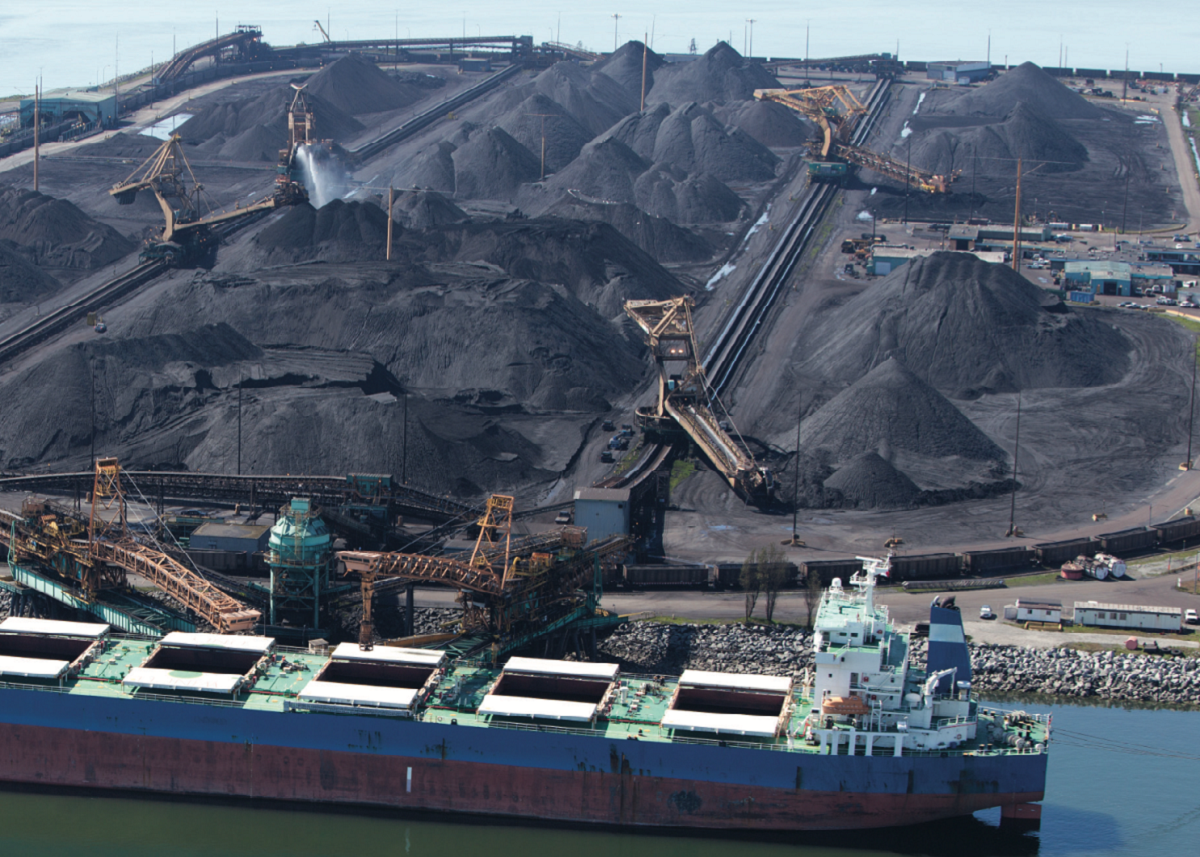A decade ago, coal companies were lining up to build major new projects in the ports of the Pacific Northwest. They proposed building seven new coal export terminals that would have shipped 100 million tons of coal per year to Asian markets, exacerbating the climate crisis while polluting communities’ air and water and elevating their risk of cancer and respiratory disease.
“They expected little, if any, serious opposition” to their plans, remembers Sierra Club Vice President Ross MacFarlane, who worked closely on the campaign from its early days. “Like invaders in a bad sci-fi movie, their overall message to concerned citizens boiled down to this: ‘Resistance is futile.’”
But not a single one of the terminals was ever built—and the Supreme Court’s recent ruling marks the official end of the last proposed terminal, the Millennium Bulk Terminals in southwestern Washington. Going to the Supreme Court was the final appeal available to the project’s developer after four different permit denials and five failed legal appeals in which the justices upheld Washington State’s right to protect its citizens from elevated levels of air and water pollution that would have accompanied the transport of coal through its communities.
The Sierra Club helped organize an unprecedented coalition of tribal nations, health, environmental, faith and community groups from across the Pacific Northwest and High Plains to oppose the project. Thousands of people from around the region showed up at public meetings to speak out against the project’s impacts to the climate, water, and air quality.
Even before they prevailed in the courtroom, opponents of the Millennium Bulk Terminals won major victories in the court of public opinion. By speaking out at public meetings, writing blogs and op-eds, and raising awareness among friends and neighbors, Washington residents helped convince government officials that this project was not inevitable—in fact, it should never be built.
Millennium would have exported up to 44 million metric tons of coal every year, which would arrive at the terminal by rail from the Powder River Basin in Montana and Wyoming and the Uinta Basin in Utah. 16 trains a day would have passed between those states and Longview, Washington, where the coal export terminal was slated to be built, polluting waterways and contributing to higher rates of cancer in low-income communities, including Longview’s Highlands neighborhood.
The terminal would have posed as great a risk to our climate as to public health and safety. 90 million tons of carbon dioxide would be emitted from burning the coal that passed through the terminal, roughly the equivalent of total greenhouse gas emissions from every other source in Washington State. Building new fossil fuel infrastructure would only serve to lock in dependence on coal for decades to come, pushing us closer to catastrophic climate change.
Thanks to the efforts of organizers and advocates like the people who spoke out against the proposed Longview terminal, we’re seeing a major shift away from coal. In the US, the Sierra Club and its allies and partners have compelled over 300 coal plants to retire, and we are persuading cities and states across the country to commit to 100 percent clean energy instead. In the Asian countries where Millennium Bulk Terminals hoped to sell American coal, people are also turning away from dangerous, polluting fossil fuels. Coal exports were down 26 percent between 2019 and 2020, and Japan recently halted plans for its last proposed new coal-fired power plant. As it turned out, resistance has not been futile.
